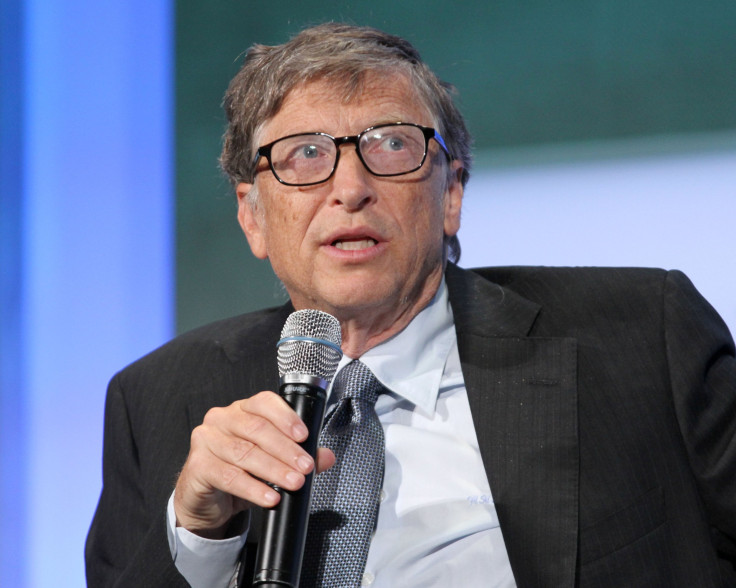Gates Foundation Donates $50 Million To Boost Ebola Emergency Efforts, But Is It Enough?

As the Ebola epidemic continues in West Africa, international efforts to fight the disease don’t seem to be making the cut; the disease is growing exponentially. The Bill & Melinda Gates Foundation announced this week that it would pitch in by donating $50 million to boost emergency efforts.
“We are working urgently with our partners to identify the most effective ways to help them save lives now and stop transmission of this deadly disease,” said Sue Desmond-Hellmann, CEO of the Gates Foundation, in a press release. “We also want to accelerate the development of treatments, vaccines, and diagnostics that can help end this epidemic and prevent future outbreaks.”
In the press release, the foundation notes that it will give funds to the United Nations agencies and international organizations that are involved in the emergency response, as well as to national governments that are in need of supplies. The press release states that “the foundation will work with public and private sector partners to accelerate the development of therapies, vaccines, and diagnostics that could be effective in treating patients and preventing further transmission of the disease.”
But it might be a while before the first Ebola vaccine is produced and distributed. According to the Centers for Disease Control & Prevention (CDC), only a few experimental treatments for Ebola exist, and they’re all in the early stages of development. One experimental treatment, known as ZMapp, was distributed to Ebola patients and ultimately saved the lives of two infected Americans, Nancy Writebol and Kent Brantly. But the CDC states that not enough research has been done on ZMapp to prove that it’s effective — and there's simply not enough of the supply to distribute it to infected patients.
In addition, the disease — which has already infected over 4,000 people and killed over 2,000 – could take over a year to get under control, much longer than expected. “We hope we’re wrong,” Bryan Lewis, an epidemiologist at the Virginia Bioinformatics Institute at Virginia Tech, told The New York Times. Though the World Health Organization has stated it hoped to get the epidemic in check within nine months, other researchers aren’t so hopeful. “Ebola has a simple trajectory because it’s growing exponentially,” Dr. Jeffrey Shaman, associate professor of environmental health sciences at Columbia University, told the Times.



























